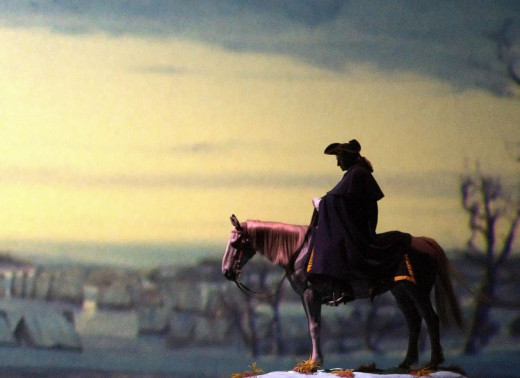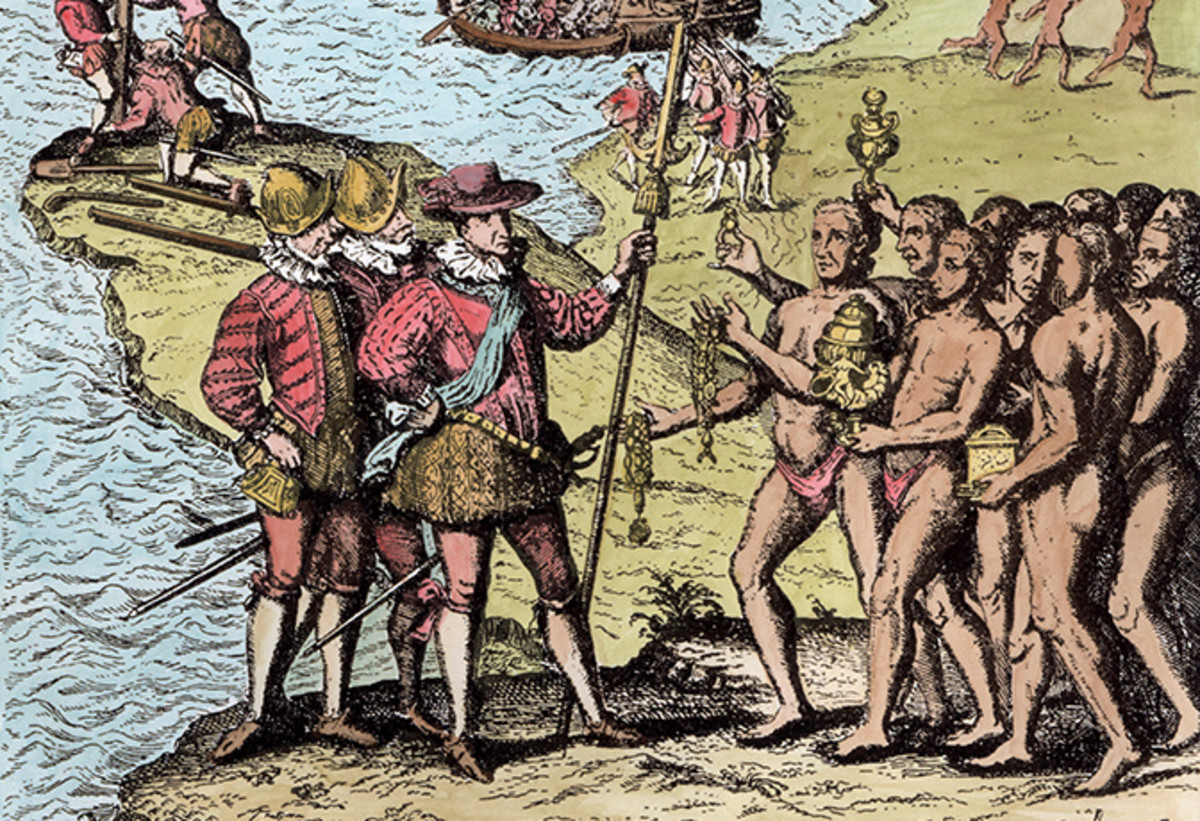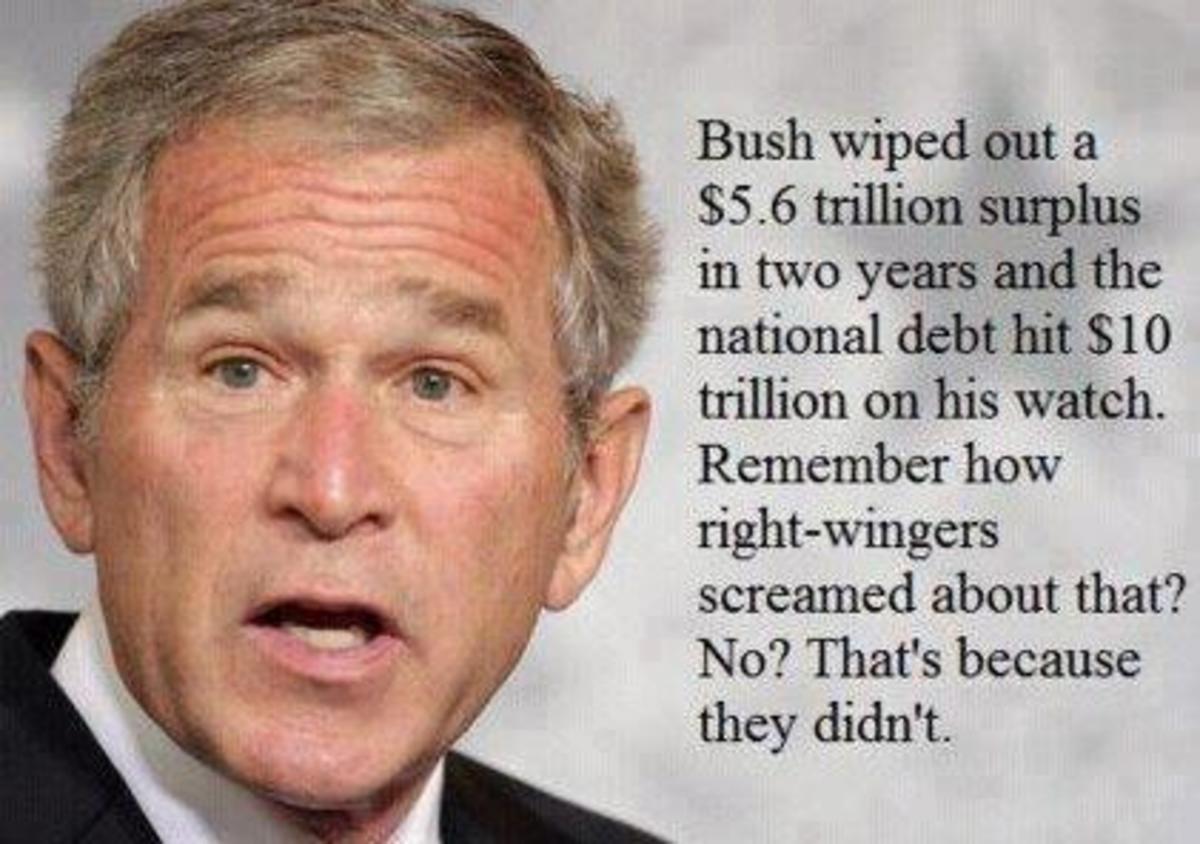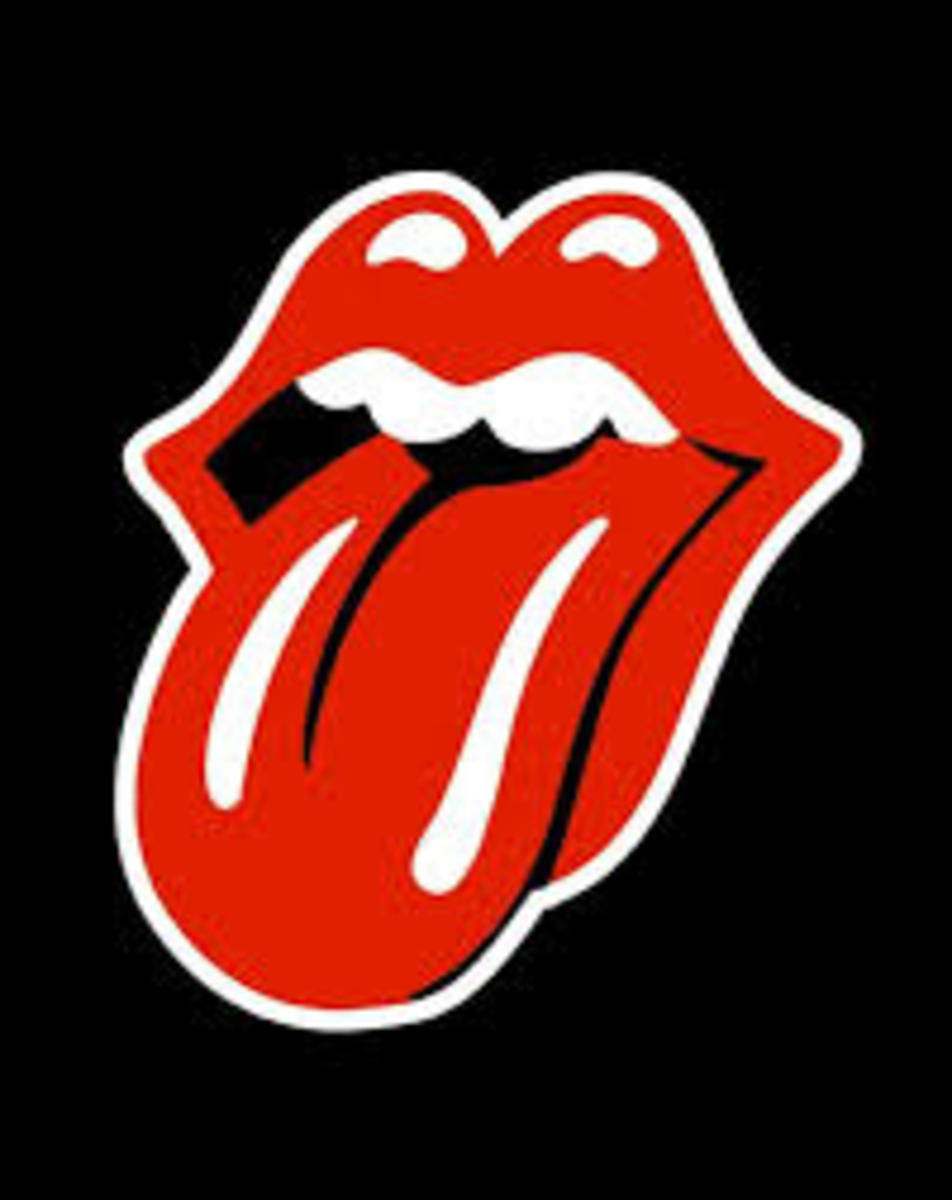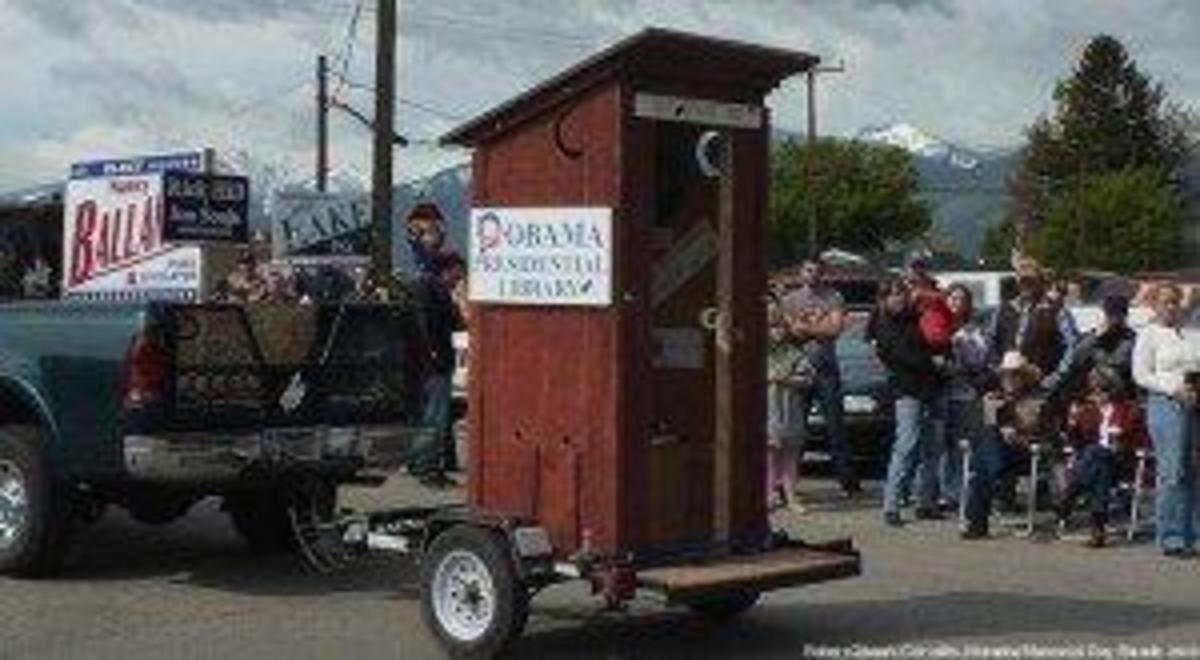Americanism - Is Patriotism Still Valid?

As we approach both the July 4th celebration of the founding of the independent nation of The United States Of America and the upcoming national election for the next presidential term, it seems to me reasonable and constructive to consider where we, as Americans, are just now as a people, a society, a culture . . . a community.
For those of us near our 50s, it's observable and undeniable that America has, at least in public perception, adopted an apologetic, self-condemnatory, masochistic inclination. We've watched the pendulum sway from a 1950s 'America right or wrong' sensibility to today's 'if there's anything at all wrong or bad somewhere in the world it surely is America's fault' sensibility. In my generation (the baby boomers) we've witnessed it, we lived and know what it was like 50 years ago and we see what it's like now - America has come to detest much of what America stands for . . . and those particular features that have made it a most remarkable country and that have provided so much to the rest of the world.
For some Americans, that very statement, that America is remarkable and has benefitted the other nations of the world, is infuriating . . . many see America as a bully culture abusing all to feed it's own unquenchable greed and that if you don't see it that way it's because you're typical of what America produces - arrogant, ill-informed, lemmings who happily gobble-up whatever their parents, preachers, and John Wayne tell them. These folks count themselves as smart, bold, progressive people who 'get it', who are not afraid to see the wrongs America, their own country, has done and to step forward to declare and denounce our faults - fine, but, the trouble is they are so delighted with their own 'boldness' that they assume those of us who are thankful to be Americans think that Native Americans were savages and were rightly displaced, that slavery was working just fine, and that all and everything that we do must be glorious because we're America . . . they assume only they 'get it' and that the average American (not as smart and cool as themselves) cares little for the poor and is eager to bomb Arabs if gas will be cheaper when we go on vacation.
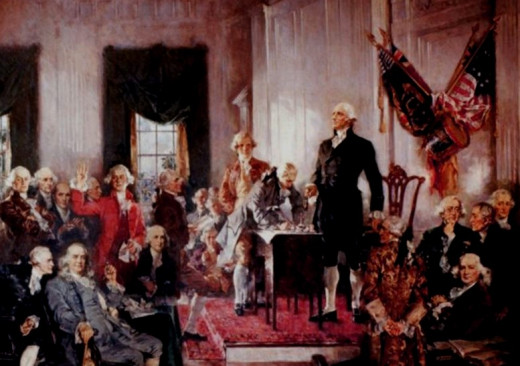
How did this divide happen, how did we come to the circumstance where people think if you see a solution to a problem that differs from their solution then the difference isn't one of the mechanics of a solution, but is a difference of moral character - that you (for example) simply just don't care about the poor as they do and that you are offended by Arabs while they are open-minded to such cultural diversity, etc. Certainly political rhetoric, men trying to gather support by slandering an opponent's position, has nourished this divide . . . people are not likely to think favorably of another if that person is cast as a racist, anti-intellectual, stridently religious, near-Nazi who still thinks the world is flat, etc, so this tact (casting your opponent as such) has become the common course of many campaigns.
The very way we think and communicate ideas has changed and has come to encourage this divide. I don't mean what we think has changed, that our views and opinions are different . . . that is essentially what this whole piece is about, but what I'm addressing just now is that the very way we think, the way we collect and process information, is not the same operation or function that it used to be. We have largely lost our capacity for critical thinking; we don't make choices based on facts any more but rather we are swayed by appearance and sentiment. And how we use language has shifted, or rather, what we understand certain words to mean has shifted. This idea, that the very way we think and communicate ideas has changed, is a another article in itself, but to demonstrate my point on both, let me advance the following; do we all agree that we who have much should help the poor . . ? . . both sides of this divide agree that those who are poor should not go uncared for, there's no real moral divide here, both sides of the divide own an ethic that obliges them to help the poor. The notion that liberals care about the poor and conservatives don't is simply not factual - the difficulty is how we collect and process information, as evidenced by this recent government poverty statistic: 53% of American households living in poverty have an Xbox or Playstation in the home. The difference isn't one side is good and cares and the other side is bad and doesn't care - the difference is how do we learn about what's going on (popular culture hearsay or honest investigation) and what do words (like 'poor') mean.
Hollywood has also fed this divide - when someone is up to no good in a film or tv show, when some bad guy is doing evil, the victim is very likely a rain forest or some innocent homosexual and the bad guy is inevitably an oil company or ranting preacher . . . the public is continually informed on who the 'good' guys are and who the 'bad' guys are and you're simply not as cool as George Clooney if you don't agree. But, these are both institutional, public coaching of how we should regard America and what it stand for - but, what is it in us, within each of us personally, that might incline some to that self-loathing apprehension of America? We like to point to things that are bad, it's that thing or circumstance that is the trouble, not us . . . so some happily point to religion as the culprit, some point to capitalism as the bad guy, etc - if there was no religion the world would be at peace, they muse, or if not for capitalism people wouldn't be so greedy, etc. The trouble is, religion has built hospitals and orphanages all over the world and capitalism bridged the gap between the ludicrously rich and the hopelessly poor by creating the working class.
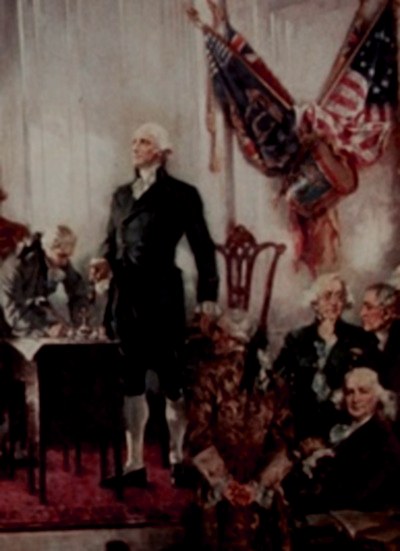
The problem isn't things 'out there', it's something in us . . . man can turn anything that has potential for good into an ugly thing that serves to feed his own appetites and desires. So considering the question before us, how have so many Americans come to adopt an apologetic, self-condemnatory, masochistic inclination toward America and what it stands for, the answer isn't one simply of who recognizes wrongdoing and is bold enough to speak against it . . . we all recognize that our treatment of the Native Americans was wrong, that slavery was evil, that some big business men have been cutthroat, that pollution is not good, that the poor should be cared for, etc, people who are inclined to assume the worst about America are not doing so simply because they 'get it' and the rest of us don't - we need to ask; what is it in us, within each of us personally, that might incline some to that self-loathing apprehension of America?
May I suggest this; the normal human condition is such that we are supposed to own a bit of a natural inclination toward rebellion, we are supposed to separate ourselves from our parent's home and become our own individual selves, we're wired to resist, if we don't revolt in a manner we do not become adults - it is our natural human tendency to strive to find your own way, your own understanding, your own voice. In our teenage years everyone says, or at least thinks, from time to time 'but that's not fair', we hear things like 'do you always do whatever your mother tells you to do?', we maneuver around other teenagers regarding music and clothes, etc, wanting to fit in but wanting to stand out as well. It's a natural, normal process for us to resist what we're told, to question authority, to rebel and find our own way. But, like everything, our own self-interest, fears, yearnings, etc, can corrupt the natural, normal course of things.
I think for many people, when they're finding their own way, as they're reevaluating the worth of what they've been taught, as they are beginning to define themselves as their own individual person, when we are most impressionable some permit that natural, normal resistance to being told what to think and how to act, etc, to run uncritically over everything they've been told, everything becomes suspect. They hear others of their generation, and the Hollywood driven popular culture, decrying the evils of America's treatment of the Indian nations, of slavery, of not caring for the poor, etc, and, as they reasonably set aside the authority of their parents to become adults themselves, they set aside all convention, all established premises, all previously assumed ideas, etc, and think that part of growing-up, part of a sound maturity and becoming your own person means a relentless skepticism about what came before you.
Thinking that they're 'getting it', counting themselves smart and bold enough to not merely believe what they've been told but to break from tradition and think for themselves, I think many who adopt an apologetic, self-condemnatory, masochistic inclination toward anything American do so in an uncritical manner that is not honestly and thoroughly examining the evidence but are happy to align themselves with Lady Gaga, our 1st Black president, and all the cool folks who really care about the poor and 'get' that Geronimo was the good guy and John Wayne was the bad guy . . . and, looking down on those of us who count representative government and a free market as a great benefit to man they count us to be fearful and uneducated (probably racist) Cro-Magnon types, which only nourishes their sense of being the smarter, bolder, gooder people.
Objectively, looking at the historic record, considering the facts honestly, for all it's well recognized and dreadful wrongdoings, American is an exceptional experiment that has done such good for it's own citizens and for the rest of the world that it is the most giant absurdity for Americans to adopt an apologetic, self-condemnatory, masochistic inclination. We can despise some of the things we as Americans have done, we can point to our shortcomings, etc, without dismantling (in our heads) all the remarkableness of America - or, if we celebrate the good that America stands for and has accomplished that doesn't mean we are delighted that we displaced the Native Americans and practiced slavery.
If the proverbial spaceman would come to this earth and find Americans ranting about America's faults rather than celebrating it's unique achievements and benevolence toward others among earth's history and other nations, they would shake their little green heads in stunned incredulous astonishment asking 'Are you guys serious?! Do you know your own earth's history? Do you know what is going on right now in other nations? You do see, don't you, that everyone wants to come here and none of you want to go live elsewhere? What mass delusion has infected you?'
